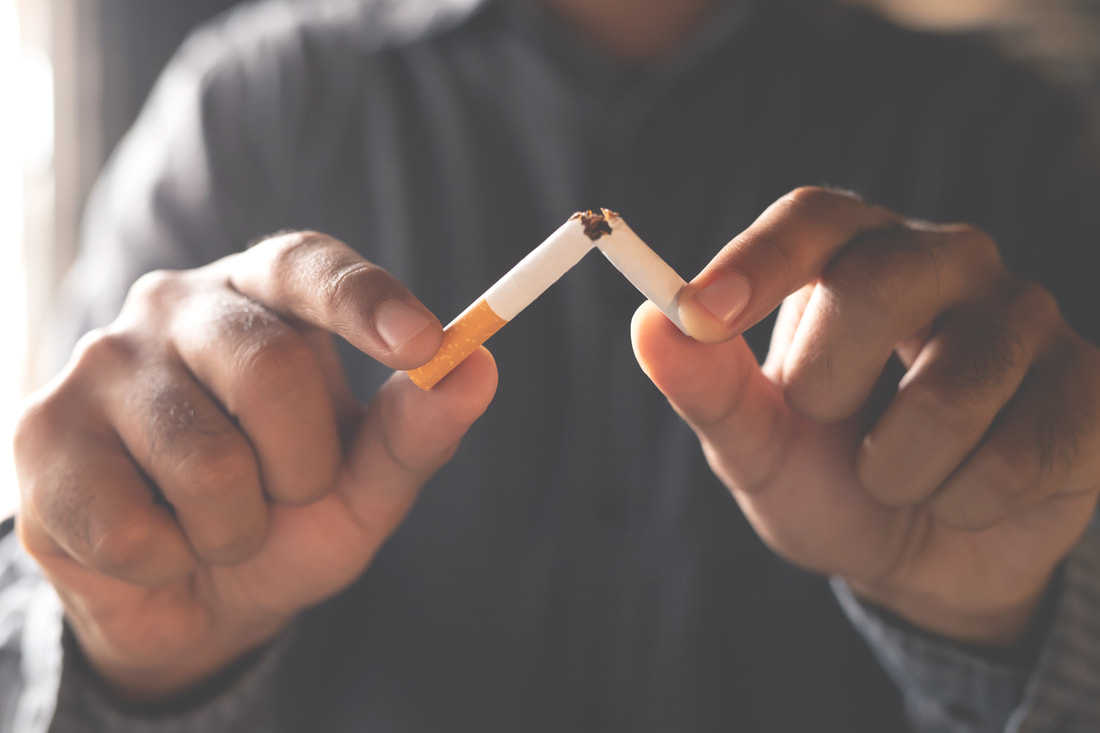Tips for Managing High Cholesterol
We’ve all heard the terms "good” and “bad” applied to that waxy substance in our blood vessels we call cholesterol. But why does cholesterol seem to have a split personality? And more importantly, what can we do to accentuate the positive and eliminate, or at least drive down, the negative?
High cholesterol is one of the major controllable risk factors for coronary heart disease, heart attack and stroke, but it typically shows no symptoms. Understanding the role cholesterol plays, its potential risk factors, and how to manage it are vitally important to our health. LDL cholesterol (low-density lipoprotein), or “bad” cholesterol, contributes to fat build-up in the arteries. HDL cholesterol (high-density lipoprotein), or “good” cholesterol, on the other hand, can carry LDL cholesterol away from the arteries to be broken down and passed from the body.
LDL cholesterol level is important to monitor. An optimal level is less than 100 for otherwise healthy people, according to the American Heart Association, which recommends adults age 20 or older should have their cholesterol and other risk factors checked every 4-6 years by their primary care physician with a simple blood test. Cholesterol management is not one-size-fits-all, however. Those who have already experienced a heart attack or stroke, or have a family history of high cholesterol, may need to have their cholesterol levels and risk factors checked more often and may need to make lifestyle changes or take prescribed medication to help manage cholesterol levels.
Make informed decisions about managing your cholesterol levels and overall health with these tips from the American Heart Association’s “Check. Change. Control. Cholesterol” program, nationally supported by Amgen:
LDL cholesterol level is important to monitor. An optimal level is less than 100 for otherwise healthy people, according to the American Heart Association, which recommends adults age 20 or older should have their cholesterol and other risk factors checked every 4-6 years by their primary care physician with a simple blood test. Cholesterol management is not one-size-fits-all, however. Those who have already experienced a heart attack or stroke, or have a family history of high cholesterol, may need to have their cholesterol levels and risk factors checked more often and may need to make lifestyle changes or take prescribed medication to help manage cholesterol levels.
Make informed decisions about managing your cholesterol levels and overall health with these tips from the American Heart Association’s “Check. Change. Control. Cholesterol” program, nationally supported by Amgen:
|
Assess your risk. Your health care professional can help determine your risk for a cardiovascular event like heart attack or stroke and help manage your cholesterol as one aspect of preventive care.
Your medical and family history and your lifestyle provide important clues about your risk level. Risk is elevated for people who have had a heart attack or stroke; blockages in the arteries of the heart, neck or legs; chronic inflammatory disease; kidney disease; or other medical concerns. Your health care professional will also consider your age, sex, whether you have diabetes, high blood pressure, high cholesterol and if you smoke. Your diet, physical activity levels, alcohol intake and any drugs or supplements you’ve been taking factor into your risk level, as well. |
|
Eat a heart-healthy diet. From a dietary standpoint, one of the best ways to lower your cholesterol is to avoid foods with saturated fat and trans fat. Limit saturated fat to 5-6% of your daily calories and avoid trans fat, which means limiting intake of processed or fatty meats and full-fat dairy products. Choose low-fat dairy products and lean proteins instead.
A heart-healthy diet emphasizes fruits, vegetables, nuts, legumes, whole grains, lean vegetable or animal proteins and fish, while limiting things like trans fats, sodium, processed meats, refined carbohydrates and sugary foods and beverages. Eating this way may also help increase your fiber intake, which can help lower cholesterol levels by as much as 10%. |
Be physically active. A sedentary lifestyle lowers HDL cholesterol. Just 150 minutes of moderate-intensity aerobic exercise a week is enough to help lower both LDL cholesterol and high blood pressure. Consider mixing up the options to keep your exercise routine engaging and prevent boredom. Try activities like brisk walking, swimming, bicycling or dancing.
|
Lose weight. Being overweight or obese tends to raise LDL cholesterol and lower HDL cholesterol. A weight loss of as little as 10% can help improve your cholesterol numbers.
Quit smoking and avoid secondhand smoke. Smoking lowers HDL cholesterol. What’s more, when a person with unhealthy cholesterol levels also smokes, his or her risk of coronary heart disease increases more than it would otherwise. Smoking also compounds other risk factors for heart disease, such as high blood pressure and diabetes. By quitting, smokers can lower their cholesterol levels and help protect their arteries. Nonsmokers should avoid exposure to secondhand smoke as much as possible.
Find more resources and tools to help manage your heart health and cholesterol at heart.org. |
Copyright © 2025 Pena Group, Inc. All rights reserved.






